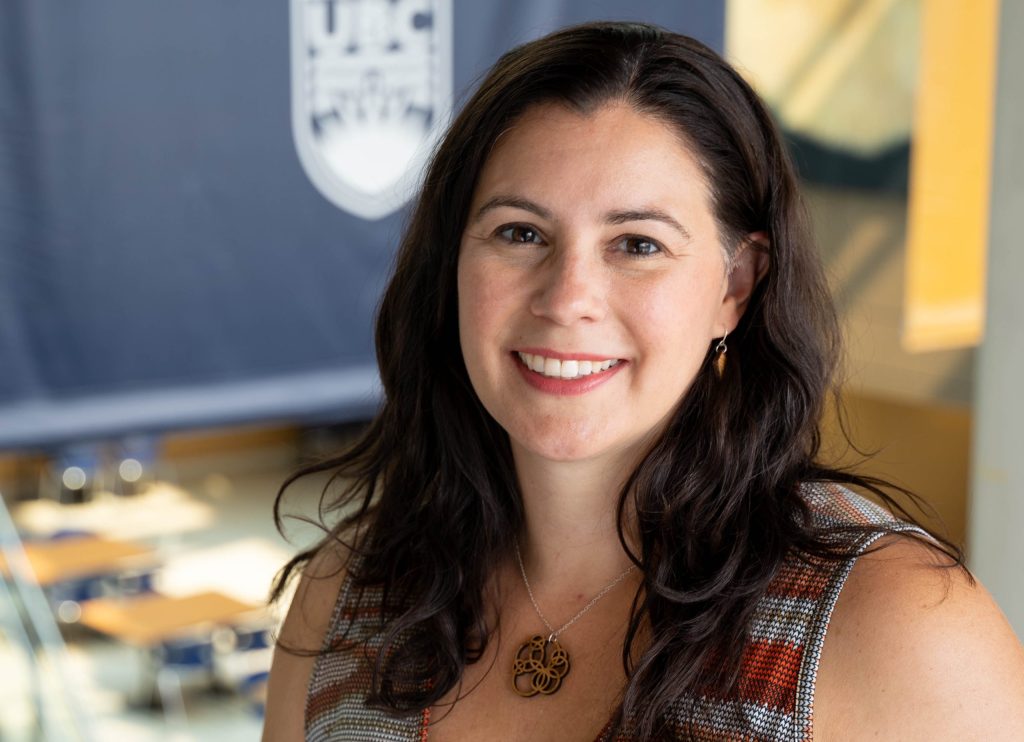
New funding from the Canada Foundation for Innovation (CFI) equips UBC Okanagan’s Applied Microbial Systems Ecology (AMSE) Lab with new tools to address multiple environmental and technological challenges related to climate change environmental contamination.
Researchers at UBC Okanagan are uncovering how microbial systems can influence land management and bioprocess design to enhance waste valorization and support a circular economy.
Led by principal investigator and assistant professor Alyse Kiesser (Hawley), researchers are studying the interactions of microbial systems and their transformative capacities within natural wetland systems and engineered environments. Dr. Kiesser’s research bridges the fields of ecology, microbiology, earth sciences and engineering.
“Microbes exist in complex communities that respond as a whole to the environment directly around them. They form robust biological-based systems that are found in most environments on Earth,” explains Kiesser. “These properties make microbial systems ideal for leveraging when assessing and combating climate change and environmental contamination.”
The newly funded equipment will enable Kiesser and her team to further study the impacts of climate on microbial systems in the environment and develop more stable and robust bioprocesses. From remediation of polluted waterways to the extraction and repurposing of waste, the research has the potential to address a great number of challenges.
“As we adjust to a changing climate, we are seeking methods and approaches that can aid our environments to more readily adapt,” says Kiesser. “We take found microbial systems that already exist and function within environments and support and encourage for them to naturally have capacity to bioremediate the landscape.”
The research seeks to explore, at a molecular level, all aspects of microbial communities. Two projects that the AMSE lab are exploring include monitoring wetlands and wastewater to better understand the impacts of climate change on these environments and bioprocesses and investigating the impact of tire rubber particles that enter waterways from nearby roadways.
The AMSE team is also investigating microbial processes related to carbon and nutrient transport in fire impacted landscapes, and their impacts on water treatment and quality.
According to Kiesser, the team’s underlying goal is to better understand and explore the natural capacity for adaption for microbial communities to address environmental issues. “Nature inherently responds to its environment, by understanding how this occurs among the smallest unit of life, microbes, we can uncover solutions for our generation and those to come.”
The funding from the CFI John R. Evans Leadership Fund (JELF) will go towards the procurement of equipment that enhances the AMSE’s lab field sampling tool-kit, molecular biology tool-kit and its computational biology tool-kit.